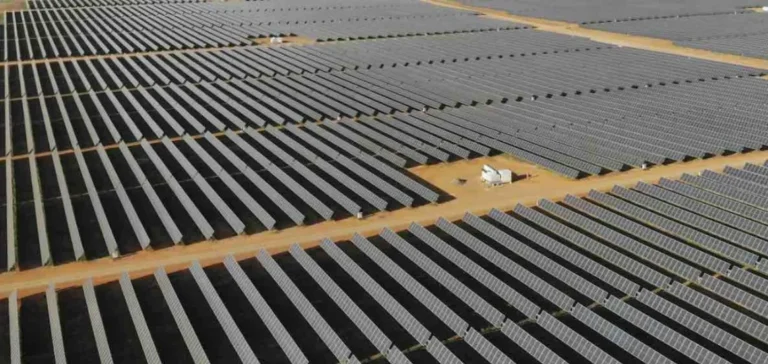Creekstone Energy has closed a Series B funding round to accelerate development of the Delta Gigasite, a 10-gigawatt (GW) energy and data campus located in Delta, Utah. The round was led by Trident Ridge with participation from Pelion Ventures, Utah’s largest venture capital firm. While the amount raised was not disclosed, the financing represents a significant step in building infrastructure dedicated to artificial intelligence (AI) and high-performance computing.
A hybrid energy campus to support AI expansion
The Delta Gigasite features a hybrid energy architecture combining natural gas, solar, and other renewable sources. Located in a fibre-dense corridor, the site aims to provide scalable power and processing capacity to meet the rapidly increasing computing demands of the tech industry. Creekstone Energy describes the project as the largest AI-optimised campus globally, designed to power future hyperscale data centres.
Proceeds from the financing will be allocated to early construction, engineering, and permitting activities, with the first data centre units expected to be operational by 2026. Creekstone Energy sees the project as a potential national hub for industrial energy and next-generation technology infrastructure in Utah.
Expansion strategy backed by local investors
Buford Ray Conley, Chief Executive Officer of Creekstone Energy, stated that the continued backing of Trident Ridge and the engagement of Pelion Ventures reflect investor confidence in the company’s strategic direction. The site is being developed to deliver reliable, low-carbon energy while adapting to the needs of AI-intensive computing systems.
Trident Ridge, acting as lead investor, emphasised the project’s role in enhancing economic resilience and national security as the United States works to strengthen technological self-sufficiency. Pelion Ventures views the Gigasite as a strategic opportunity to position Utah as a leader in AI infrastructure and intelligent energy systems.
Commissioning targeted for 2026
Creekstone Energy intends to expand its partnerships with leading firms in the technology, energy, and construction sectors as the project progresses. The development timeline aims for initial data centre activation within 12 to 18 months, aligning with projected growth in generative AI demand.
According to the company, the infrastructure is designed to support new industrial electrification technologies and provide consistent power delivery, a critical factor for operators of high-density data centres.






















